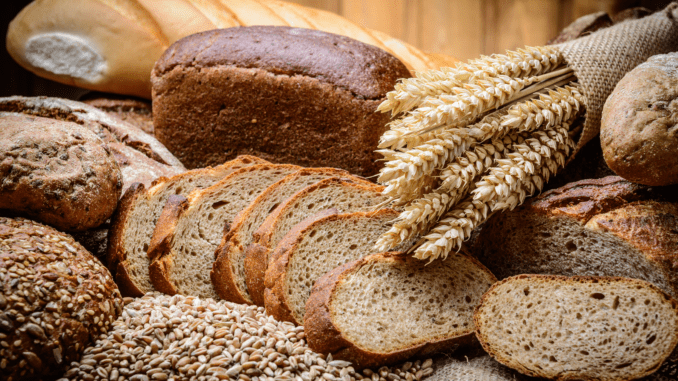
MISSISSAUGA, March 30 – The Government of Canada has tabled its 2023 budget, which provides some temporary relief in the way of a Grocery Rebate as part of the GST/HST tax credit for all Canadians who are on the lower income scale and need assistance. Unfortunately, it falls short – 150% short – for the needs of people afflicted with celiac disease – a lifelong autoimmune disease – who must adhere to a strict gluten-free medical treatment to survive.
The government proposal for the maximum amount under the Grocery Rebate would be: $153 per adult; $81 per child; and $81 for the single supplement.
Gluten-free packaged food products are on average from 150% to 500% higher than their regular gluten-containing equivalents. For an average home, the cost of a gluten-free diet is on average $1,000 per adult more than a household that does not need to be gluten free.
For people in Canada who are fiscally disadvantaged but who are medically required to eat gluten free, the cost of groceries will either force them to seek assistance from food banks (who may not always have gluten-free food available) or consume cheaper, gluten-containing food that will make them sick. Gluten exposure not only leads to the serious health consequences of celiac disease, which can include chronic diarrhea, painful rashes, anemia, exhaustion, and depression; it also increases hospitalizations, and lost time at work and at school. Chronic exposure to gluten can lead to cancers of the gut, canker sores and tooth erosion, increased serious neurological complications, infertility, liver damage, early onset osteoporosis (increased risk of falls) and more.
Celiac Canada is asking the Government of Canada to provide people diagnosed with celiac disease with an increased benefit of $230 per adult and single supplement and $122.50 per child.
While this is a far cry from the true cost of a gluten-free groceries for a Canadian family in one year, it would be a start toward recognizing the impact of this serious medical condition on people in Canada who suffer from the disease and are economically disadvantaged.
To illustrate the difference in common grocery products for a person with celiac disease compared to an average Canadian:
- Gluten-free bread: $6.97 for 400 gram loaf vs. $3.37 per regular white loaf at 675 grams
- $0.017 per g vs $0.005
- 340% more expensive per gram
- Gluten-free pasta: $4.29 for 340 g box vs $0.97 for a 210 g box for a store brand pasta
- $.012/g vs $0.002/g
- 600% more expensive per gram
Celiac disease is a genetic, chronic autoimmune disease that afflicts one percent of people in Canada. When an individual with celiac disease consumes even the smallest amounts of gluten (a protein found in wheat, rye, barley and cross-grains), the body develops an immune response that destroys the lining of the small intestine. The resulting damage hinders the body’s ability to absorb key nutrients for overall health. There is no cure, and the only current treatment is a strict gluten-free diet for life.
For 50 years, Celiac Canada has been the only national charity that provides education, increases awareness and invests in Canadian research to help every person with celiac disease get diagnosed and empowered.
For media contact:
Bob Reid
Broadway Strategies
(416) 258-2856

